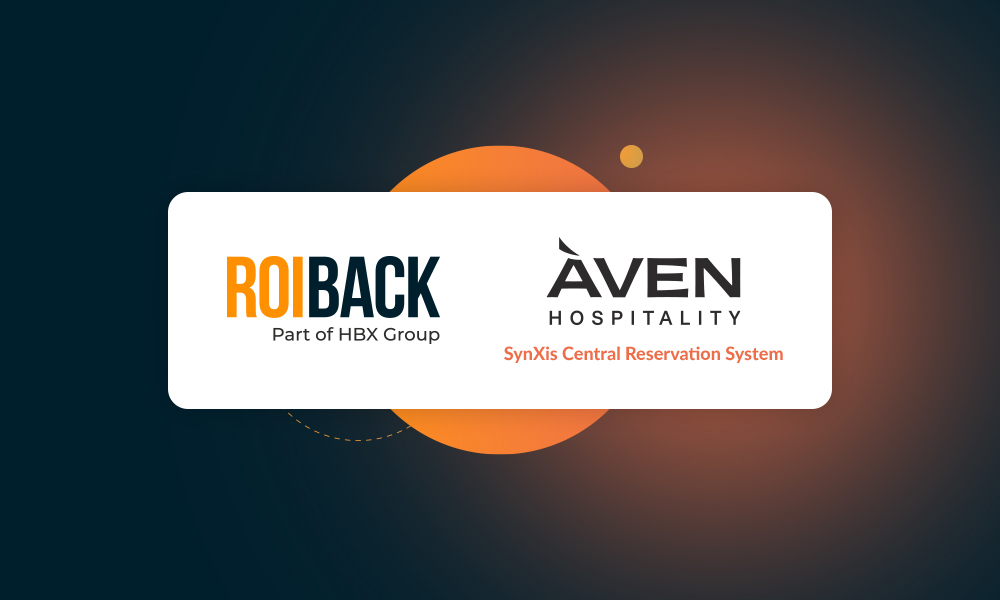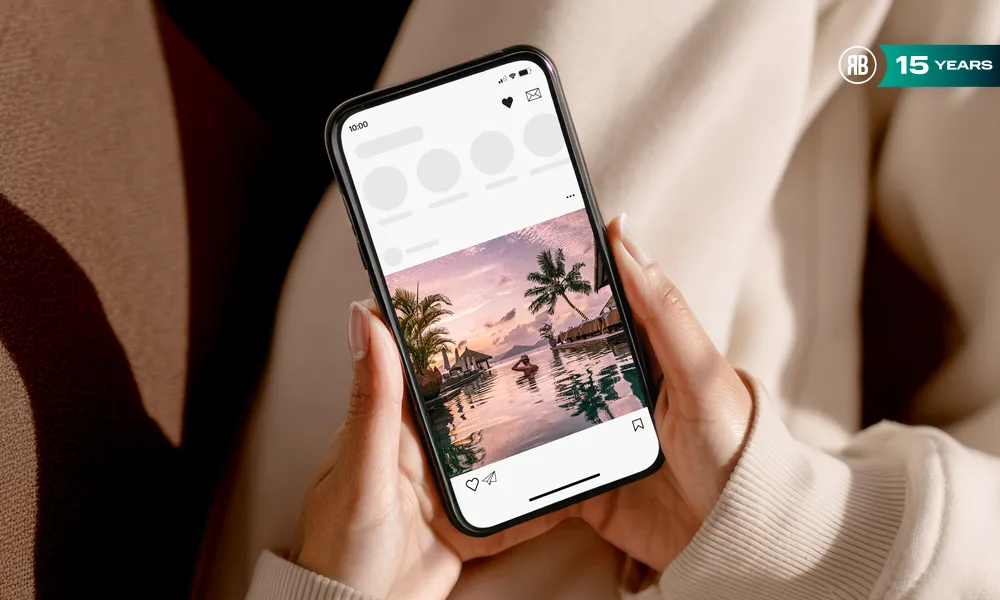Take Advantage of the End of Parity with Booking.com
News
July 11, 2024

Recently, Booking.com announced the removal of price parity clauses from its contracts, effective from July 1, 2024. This change comes in response to the European Union's Digital Markets Act (DMA), which mandates fairer and more competitive practices from major digital platforms. For hoteliers, this is a golden opportunity to optimise pricing strategies and enhance profitability.
Impact of Removing Price Parity Clauses
Previously, parity clauses required hotels to maintain the same rates on Booking.com as on their own direct sales channels (or at least attempt to do so). This limited hotels' ability to offer competitive prices and exclusive promotions on their platforms. With the removal of these clauses, hotels now have greater freedom to set prices independently on their websites and other direct channels. This presents a range of opportunities and challenges for hoteliers.
OPPORTUNITIES:
Greater control over your Prices
- Flexible Pricing: Without the obligation to maintain the same rates across all channels, you can now adjust your prices for different platforms, better leveraging demand fluctuations.
- Exclusive Promotions: You can offer discounts and special packages on your website, encouraging customers to book directly. If you haven’t offered the best price guarantee before, now you can truly make a difference and highlight your best price in metasearch results as well.
Increase in Direct Bookings
- Reduced commissions: By encouraging direct bookings, your hotel can reduce its reliance on OTAs, thus lowering commission fees and improving profit margins.
- Customer loyalty: Offering exclusive benefits for direct bookings can increase customer loyalty and encourage repeat business.
Better Customer experience
- Customer data: Direct bookings give you control over customer data. In the age of 1st Party Data, this is the best way to encourage data collection and consequently, better follow-up and personalised marketing.
- Personalization: With more control over bookings, you can better personalise the guest experience, leading to higher satisfaction and better reviews.
CHALLENGES:
Competition with OTAs
- Attracting Traffic: OTAs have larger marketing budgets and attract a significant amount of traffic. You will need to invest more in digital marketing to compete effectively.
- Online presence: Maintaining a strong online presence is crucial to compete with the visibility offered by OTAs. Don’t forget to use retargeting campaigns to attract visitors who didn’t complete their booking on your site.
Price and Availability Management
- Complex Management: Managing rates and availability across multiple channels can become more complex. You’ll likely need an efficient management system to avoid discrepancies and optimise revenue.
- Monitoring Competition: Without price parity, you’ll need to closely monitor competitors' rates and adjust your prices accordingly to stay competitive.
Relationships with OTAs
- Continued dependence: Although you can benefit from more direct bookings, your hotel will still need OTAs to fill rooms, especially during low season. Consider your traffic data and competitive set performance on different platforms to see how your competitors are managing the end-of-price parity.
- Negotiations: Relationships with OTAs might become more strained, and these platforms may pressure your hotel to maintain certain rates or conditions. You have control over your inventory, and it’s important to balance direct sales with not compromising rates through agreements that could harm your direct channel’s management, conversion, and cancellation ratios.
STRATEGIES TO CAPITALISE ON OPPORTUNITIES:
Investment in Digital Marketing
- Metasearch engines: 71% of users start their hotel search on metasearch engines. They are an important point of comparison for your direct channel rate versus OTA rates. Compete directly based on a CPA model if you want to minimise risk, or if you can manage it closely, use PPC for better visibility and lower acquisition costs.
- SEO & SEM: Improve your search engine positioning and use pay-per-click campaigns to drive more direct traffic to your hotel’s website.
- Social Media and Content: Use your social networks to inspire your clients, promote offers, and build customer loyalty. Nothing speaks better of your brand than seeing your customers having a good time and enjoying your hotel and its facilities. The latest Google trends indicate that YouTube videos and YouTube “Shorts” (Stories-like) are working very well to inspire travelers.
Website optimization
- Ease of use: Ensure the booking process on your website is simple and quick. Check the abandonment rates for your booking cart. The travel sector has one of the highest abandonment rates, around 80%. This means 4 out of 5 people who showed interest in booking on your site don’t complete it. Imagine if we can convince them with great promotions, competitive pricing, and a smooth booking process.
- Mobile Optimisation: Optimise your site for mobile users, as a large number of bookings are made from mobile devices. Display the most relevant information, use simple categories, useful filters, and high-quality images to create a better user experience on your mobile site.
Offers and Loyalty Programmes
- Discounts and Packages: You have the advantage of managing the inventory of all your products. With your Roiback engine, you can offer exclusive discounts and special packages for direct bookings.
- Rewards: At Roiback, we are pioneers in loyalty actions, and we believe in them so much that we even have a tailored Strategic Loyalty Consulting service. If you haven't already, you should implement a loyalty program that rewards your customers for booking directly and for their continued loyalty. There are many reasons for them to return, but the main one is their satisfaction. Measure and manage it to offer not only the best experience but also the best relationship with your client.
In conclusion, removing price parity clauses offers a valuable opportunity to increase direct bookings and improve profitability if you haven’t already done so. It also presents challenges regarding traffic, rate management, and competition. The hotel that successfully implements effective strategies and takes advantage of the new freedoms can greatly benefit from this change.
Read more

News
Waste in hospitality: from operational control to circular strategy
By
Roiback

News
Roiback obtains SynXis CRS integration certification to strengthen direct channel in large hotel organizations
By
Roiback

News
Boost direct hotel sales with social media: data, trends, and key insights for 2026
By
Roiback




